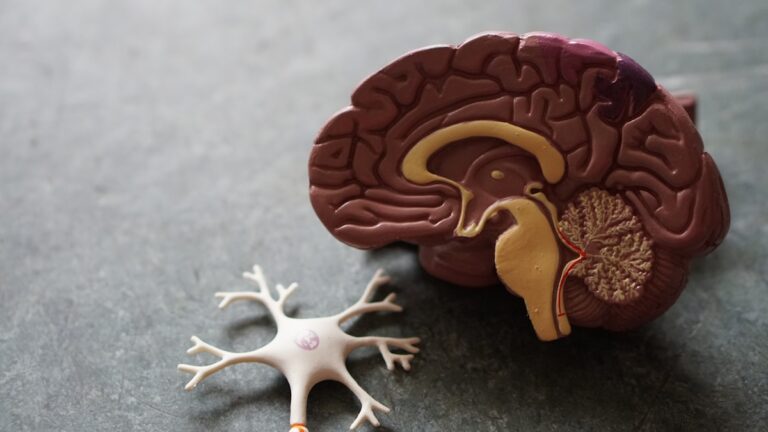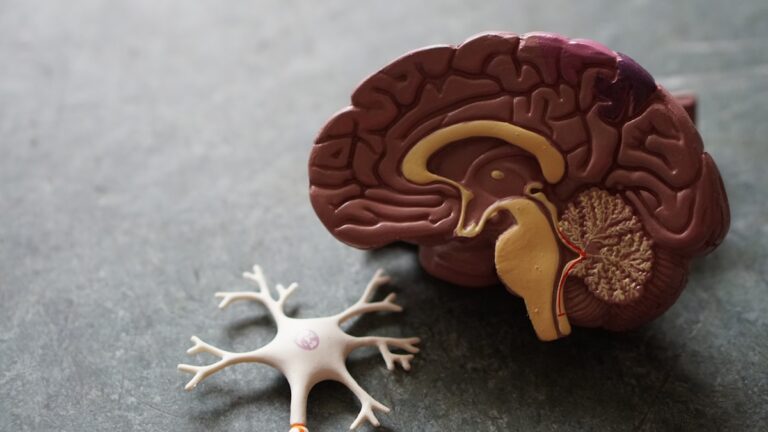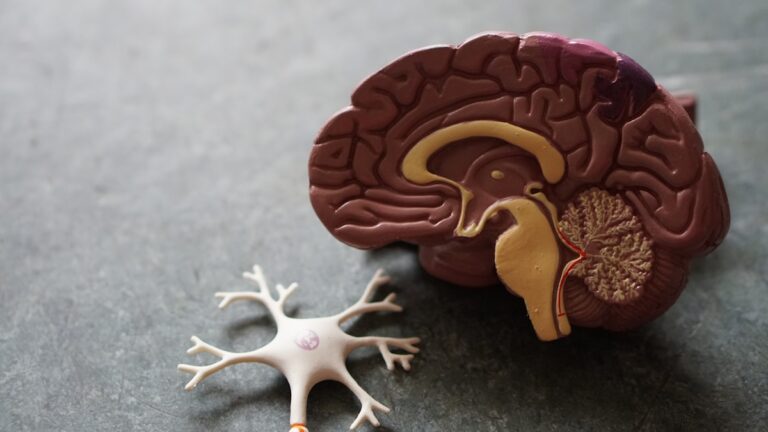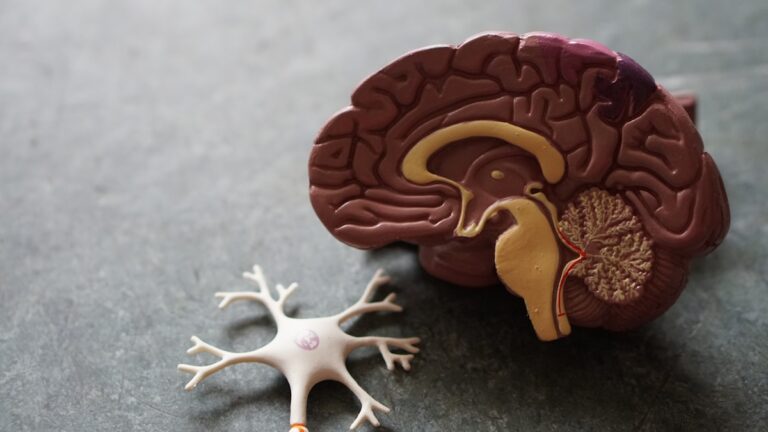Mild cognitive impairment (MCI) is a term used to describe a condition where a person experiences changes in their memory and thinking abilities that are more severe than those expected with normal aging, but not as severe as dementia. It is estimated that around 10-20% of adults over the age of 65 have MCI, and it becomes more common as we get older.
One of the common symptoms associated with MCI is depression. Depression is a mood disorder that causes persistent feelings of sadness, hopelessness, and loss of interest in activities that were once enjoyable. It can also affect a person’s sleep, energy levels, appetite, and concentration. Although depression and MCI are two separate conditions, they often coexist and can have a significant impact on a person’s quality of life.
So, what is the link between MCI and depression? Let’s explore this question in more detail.
Causes of MCI and Depression
The exact cause of MCI is not fully understood, but it is believed to be related to changes in the brain, such as the buildup of abnormal proteins or damage to brain cells. These changes can affect the communication between brain cells, leading to problems with memory and thinking.
On the other hand, depression is caused by a combination of genetic, biological, environmental, and psychological factors. It is believed that changes in brain chemistry, particularly in neurotransmitters like serotonin and dopamine, play a role in the development of depression.
Risk Factors for MCI and Depression
As mentioned earlier, age is one of the biggest risk factors for both MCI and depression. Other risk factors for MCI include having a family history of Alzheimer’s disease or other types of dementia, having heart disease, diabetes, or high blood pressure, and having a sedentary lifestyle.
Similarly, risk factors for depression include having a family history of depression or other mental health disorders, experiencing a traumatic life event, and having a chronic illness.
How MCI and Depression are Related
Having MCI can increase a person’s risk of developing depression. This is because the decline in cognitive abilities can lead to feelings of frustration, anxiety, and low self-esteem, which are all risk factors for depression. The fear of losing one’s independence and becoming a burden on loved ones can also contribute to feelings of hopelessness and sadness.
Additionally, both MCI and depression can have similar symptoms, such as memory problems, difficulty concentrating, and changes in sleep patterns. This can make it challenging to differentiate between the two conditions.
Treatment Options for MCI and Depression
There is currently no cure for MCI, but there are treatment options that can help slow down its progression. These include medication to manage the symptoms and lifestyle changes such as regular exercise, a healthy diet, and engaging in mentally stimulating activities.
Depression can also be treated with medication, therapy, or a combination of both. Antidepressants can help regulate brain chemistry and improve mood, while therapy can provide a safe space for individuals to talk about their feelings and learn coping strategies.
In cases where MCI and depression coexist, it is essential to address both conditions simultaneously. This may involve a combination of treatments tailored to the individual’s specific needs.
Managing MCI and Depression
Living with MCI and depression can be challenging, but there are steps that individuals can take to manage their symptoms and improve their overall well-being.
Firstly, maintaining a healthy lifestyle is crucial. This includes regular exercise, a balanced diet, and getting enough sleep. Engaging in mentally stimulating activities such as crossword puzzles or learning a new skill can also help keep the brain active.
It is also essential to stay socially connected. Having a strong support system of family and friends can provide emotional support and reduce feelings of isolation. Joining support groups or attending therapy sessions with a loved one can also be beneficial.
Lastly, it is crucial to communicate openly with healthcare providers and loved ones about any changes or concerns. Seeking help early on can lead to better management of symptoms and improve overall quality of life.
In conclusion, mild cognitive impairment and depression are two separate conditions that often coexist and can have a significant impact on a person’s well-being. The link between the two lies in the changes that occur in the brain, which can affect memory, thinking, and mood. However, with proper treatment and lifestyle changes, individuals can effectively manage these conditions and improve their overall quality of life. If you or a loved one is experiencing symptoms of MCI or depression, do not hesitate to seek help from a healthcare professional.





